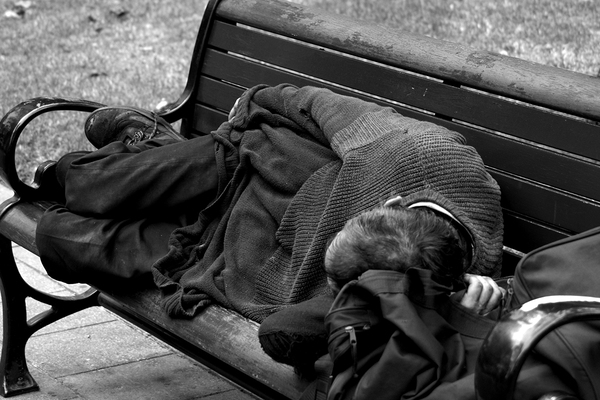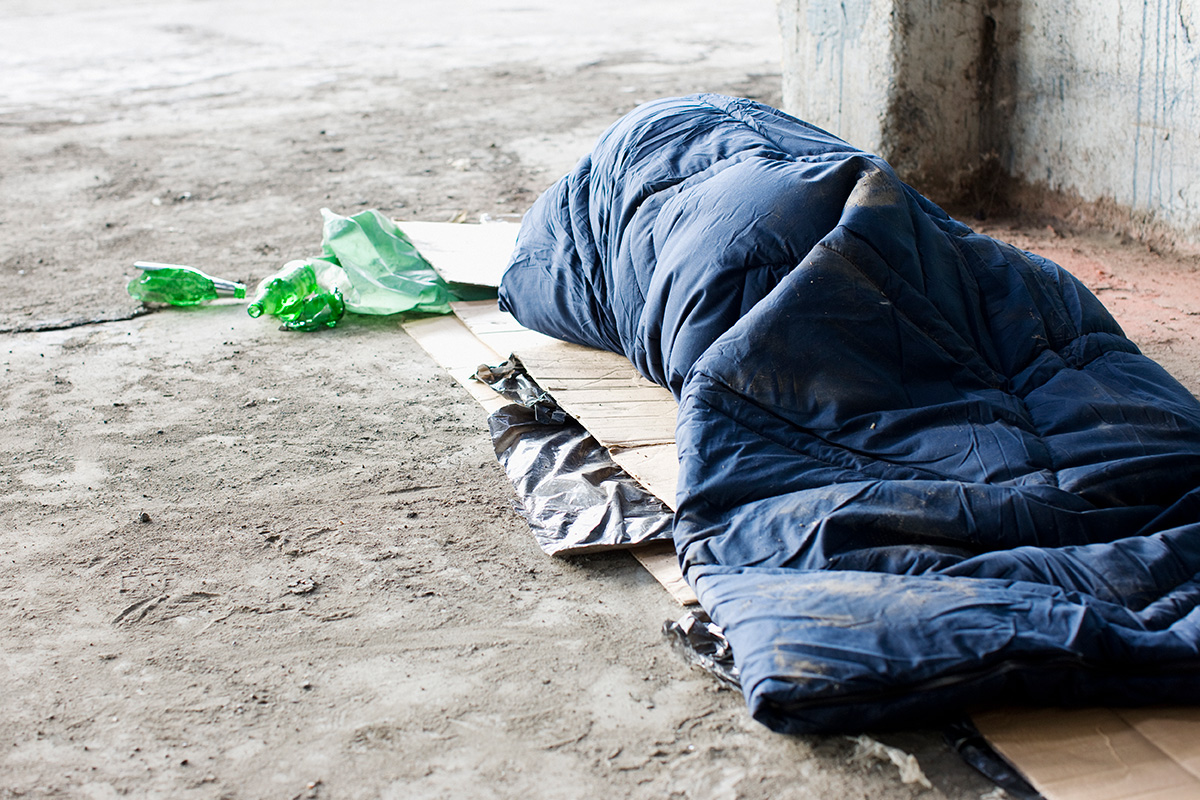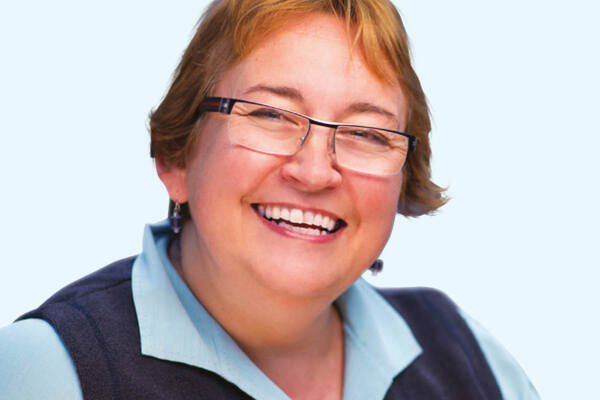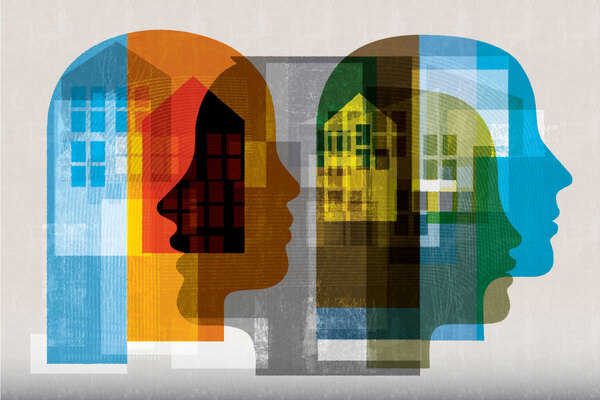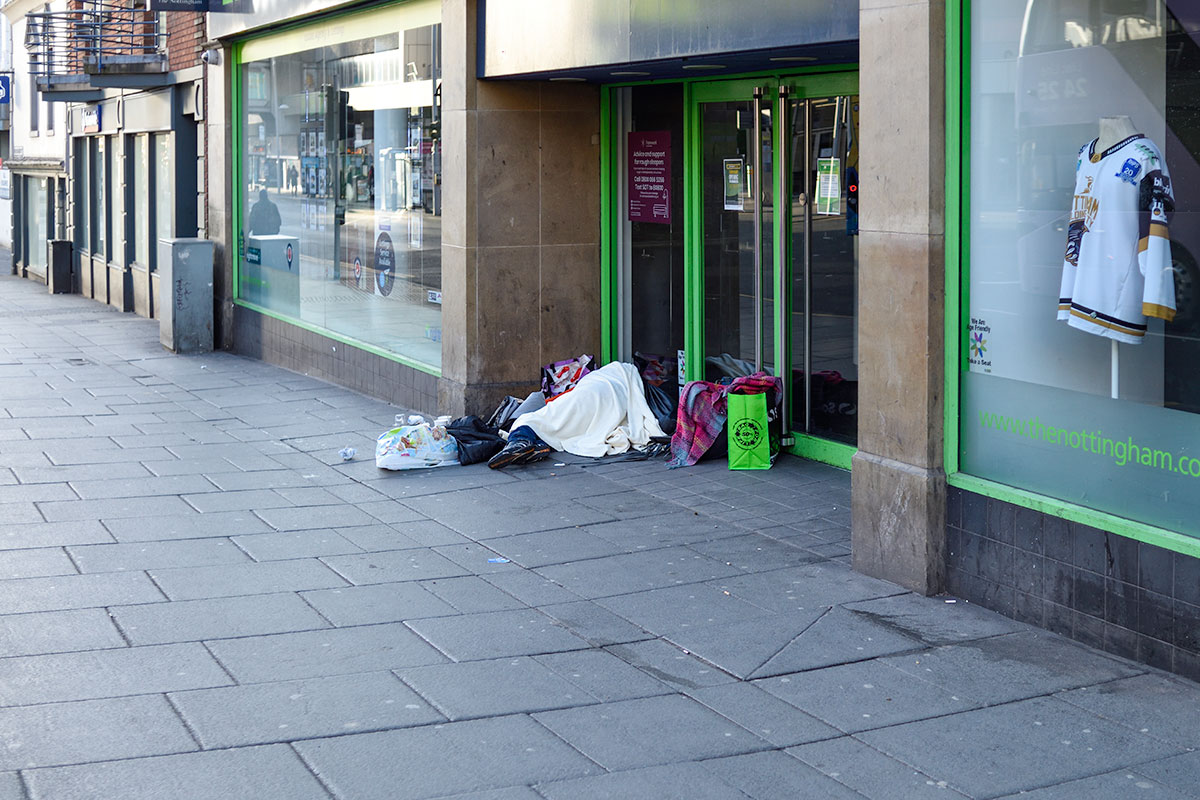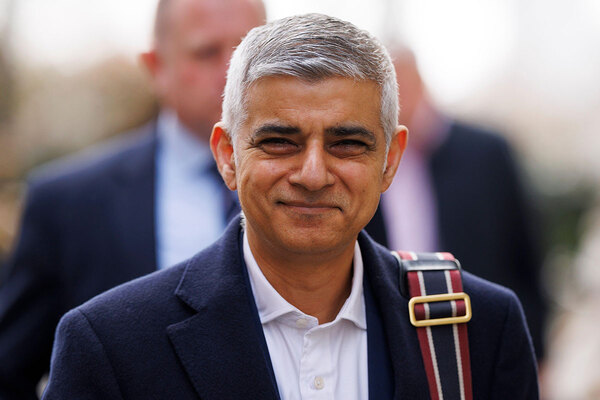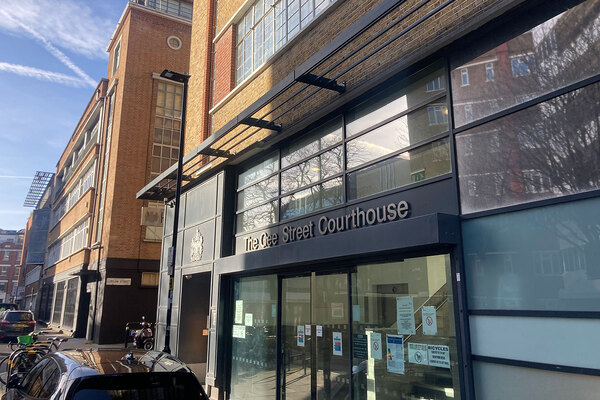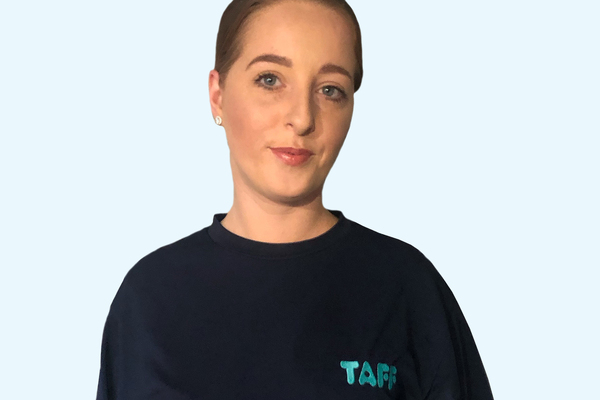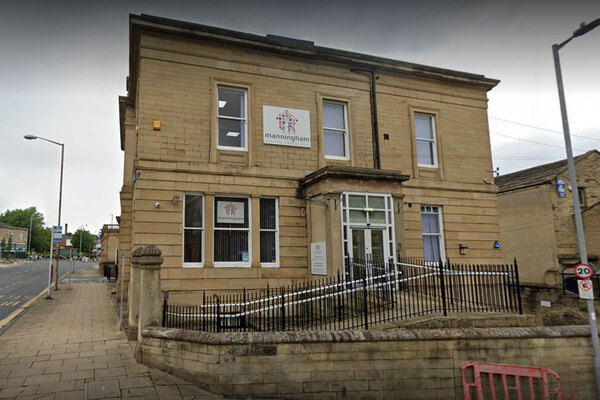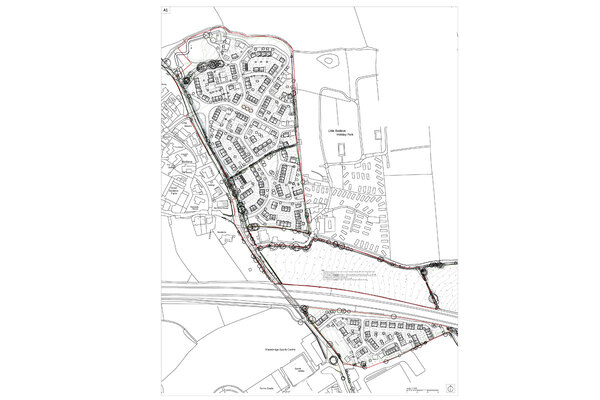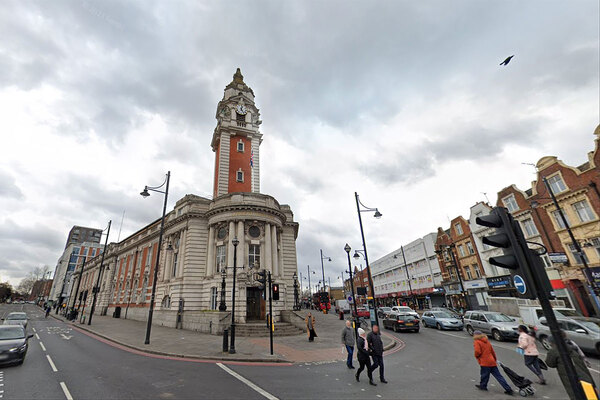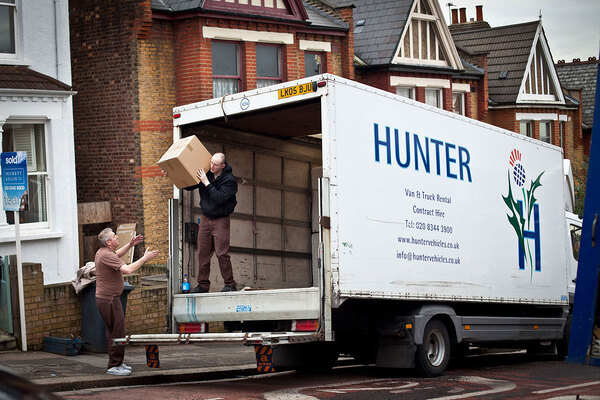You are viewing 1 of your 1 free articles
Councils to get £28m to vaccinate and house rough sleepers
Councils in England are set to be given £28m in government funding to get rough sleepers vaccinated and into accommodation, the Department for Levelling Up, Housing and Communities announced today.
The new funding is part of the Protect and Vaccinate scheme, which aims to increase vaccine uptake among people who are homeless and sleeping rough. It also aims to support those who are vaccine hesitant to get jabbed, as well as provide emergency accommodation to get people off the streets.
The number of people testing positive for coronavirus in the UK has reached record highs in the past week as the new Omicron variant spreads.
During 2020 and after the Everyone In scheme, which provided emergency accommodation for rough sleepers, COVID-19 was responsible for the deaths of less than 2% of people experiencing homelessness, compared to 12.1% of the general population.
The new funding will go towards delivering mobile vaccinations where people are sleeping on the streets, supporting outreach work in shelters to educate people about the dangers of the virus, and to councils to provide accommodation.
Eddie Hughes, the minister for rough sleeping, said: “In the wake of a surge in COVID-19 cases and a new variant, we have an even greater responsibility to protect vulnerable people.
“I’m very pleased to announce this funding today, to make sure as many people as possible are vaccinated and that councils can protect people sleeping rough and put a roof over their heads.”
Rick Henderson, chief executive of Homeless Link, the national membership charity for organisations working with people who become homeless in England, welcomed the announcement.
He said that when people are sleeping rough, they are “extremely vulnerable to infection”.
“In the first waves of the pandemic, the Everyone In initiative saved lives.
“We are very relieved that the government is now making funds available to ensure that, in this new wave of infections, once again people experiencing homelessness will be brought into safe accommodation,” he said.
Mr Henderson added that people facing homelessness are also much less likely to be vaccinated than the general population and “therefore much more vulnerable to the Omicron variant”.
“Homeless Link and our members are already working with local authorities across the country to co-ordinate these efforts.
“And we will be doing everything we can in the days and weeks ahead to protect some of the most vulnerable people in our society,” he said.
Jon Sparkes, chief executive of Crisis, the homelessness charity, said the new funding is “incredibly welcome” and “will help to protect the lives of people facing the most vulnerable circumstances this winter”.
“Through our frontline services we know that vaccination rates amongst people experiencing homelessness are particularly low.
“This could prove fatal for many when also coupled with other health issues and the physical impact of spending night and day on the streets in the freezing cold,” he said.
Mr Sparkes said, as the additional support becomes available, it “must be based on need, rather than if someone was born in the UK or not”.
He added that the charity would like to see the default assistance provided to be “self-contained accommodation rather than communal shelters, wherever possible”, alongside the offer of the vaccine.
Sign up for our care and support newsletter
Already have an account? Click here to manage your newsletters
